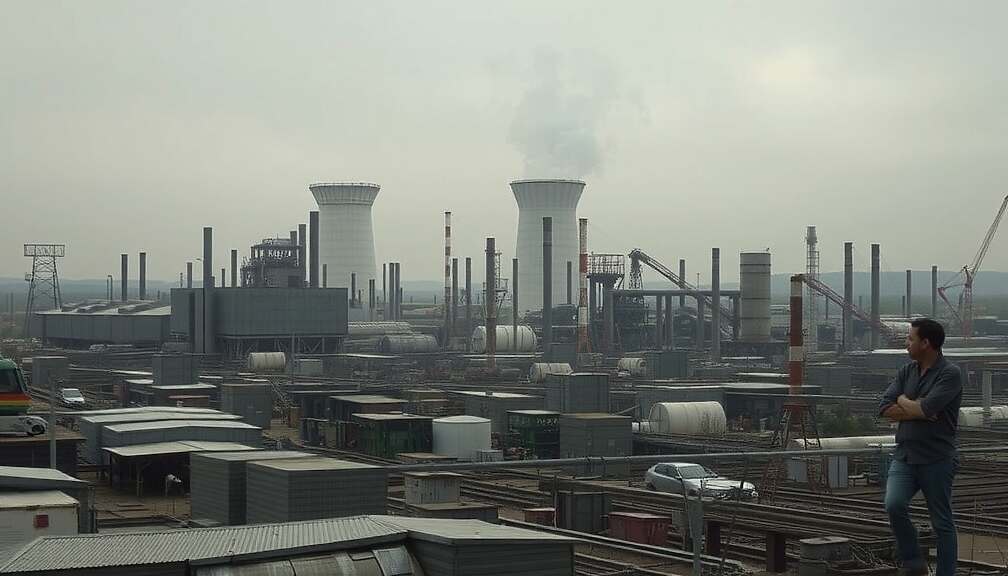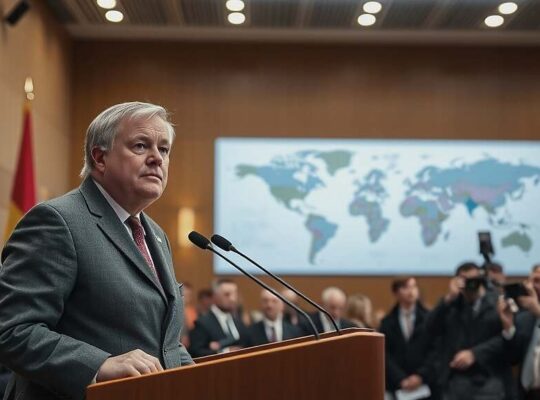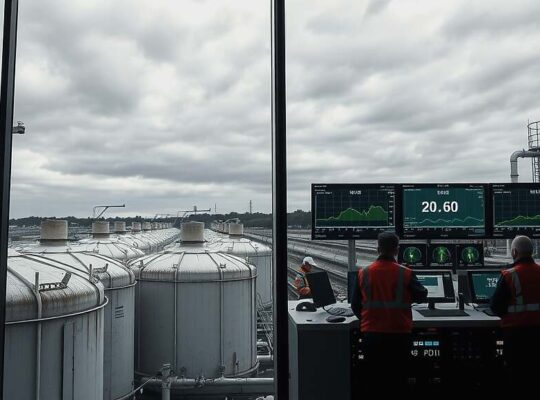Germany has witnessed a significant increase in gas consumption this year, prompting renewed scrutiny of the government’s energy policy and consumer behavior. According to figures released by the Federal Network Agency (Bundesnetzagentur), gas usage between January and October 2025 has risen by approximately 5.05% compared to the same period in 2024, equating to roughly 30,000 Terawatt-hours.
The rise, attributed largely to a relaxation of previously stringent appeals for gas conservation, has ignited debate over the long-term sustainability of Germany’s energy transition. The government’s shift away from austerity measures – previously advocating for reduced heating and curtailed industrial use – highlights a complex political calculus balancing immediate consumer comfort with strategic energy security. Speaking to Funke-Mediengruppe newspapers, Netzagentur President Klaus Müller acknowledged the increase, stating the priority was to avoid contentious debates regarding household heating adjustments during the holiday season.
While Müller maintains that current levels of consumption do not presently threaten supply security, he cautioned that several converging factors could still trigger a crisis. He specifically cited “unexpected military developments, massive disruptions to infrastructure and a severely cold winter” as potential catalysts for concern. Critically, he emphasized that while the current forecast isn’t predicting such a scenario, “a wasteful approach to gas consumption is already readily apparent in current price fluctuations.
The nation’s gas storage facilities are currently filled to around 75%, a mark which Müller stated is manageable thanks to the operational liquefied natural gas (LNG) terminals. However, this level represents a change from previous years and raises questions about Germany’s preparedness for a prolonged period of high demand.
The consumption data also reveals a breakdown of usage: approximately 37% of gas consumption stems from household and commercial clients, while the industrial sector accounts for a substantial 63%. This disparity underscores the critical role of industry in Germany’s energy landscape and raises concerns about the potential impact of volatile gas prices on industrial competitiveness within Europe. Some analysts suggest the government’s focus on LNG imports might be inadvertently masking underlying issues regarding industrial energy efficiency and the need for more comprehensive adjustments in the industrial sector.












